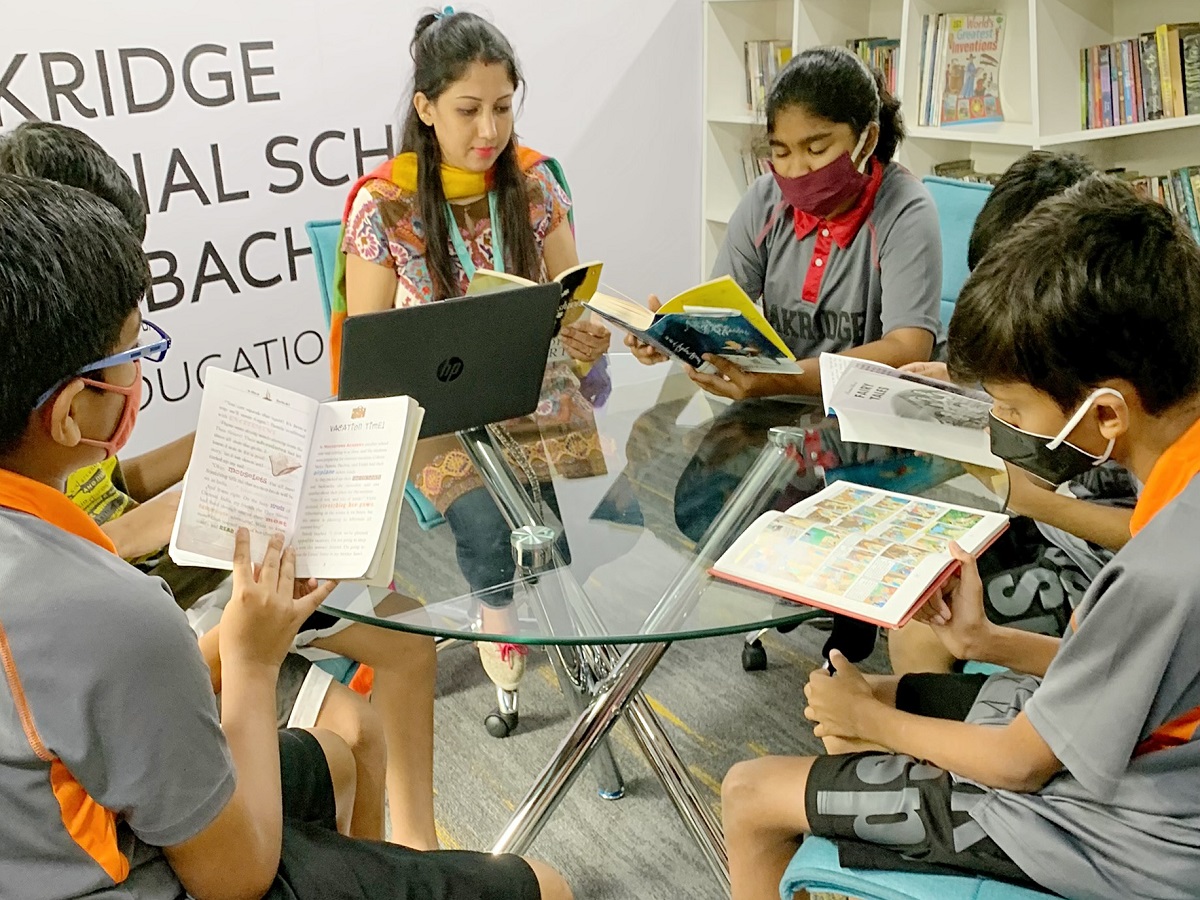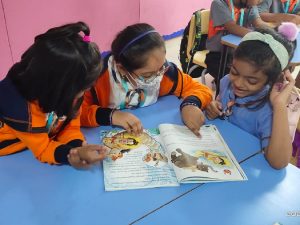Enhancement of Reading Skills Among Students.
- 17 August 2022

Reading is an exercise for the mind. It helps individuals to open doors for new knowledge to enlighten their minds. Students who read grow up to have better cognitive skills.
How can you ensure your students understand classroom coursework? Build reading skills. Teachers love to share their favorite stories and the subjects they are passionate about, but helping a child develop the same interest requires foundational reading skills to comprehend and enjoy the curriculum.

Vocabulary knowledge is where reading comprehension starts. Students with good vocabulary strategies understand what words mean and have the background knowledge to understand a given text. It also includes strategies for using context clues to determine the meaning of unfamiliar words.
After students read, summarizing a text can help them pull out the main points and absorb more information. As you introduce summarization, guide students through with leading questions and a specific structure — length, key points, etc.
Students can increase their understanding by seeing how the material connects with their life. Have your students make personal connections with the text by writing it down on the page. You can also help students comprehend the text by helping them see an association with current events.

Add in activities that reinforce learning and comprehension by using more senses as they read. Remind students to read with a pen or pencil to annotate the text. Have your students take turns reading out loud. Use projectors to guide your lesson and write down questions for those who are visual learners.
Make sure your school-aged reader gets lots of practice reading books that aren’t too hard. They should recognize at least 90 percent of the words without any help. Stopping any more often than that to figure out a word makes it tough for kids to focus on the overall meaning of the story.
To gain meaning from text and encourage reading comprehension, your child needs to read quickly and smoothly — a skill known as fluency. By the beginning of 3rd grade, for example, your child should be able to read 90 words a minute. Re-reading familiar, simple books gives your child practice at decoding words quickly, so they’ll become more fluent in their reading comprehension.
This “verbal processing” helps them remember and think through the themes of the book. Ask questions before, during, and after a session to encourage reading comprehension.
Annotating is any action that deliberately interacts with a text to enhance the reader’s understanding of, recall of, and reaction to the text. Sometimes called “close reading,” annotating usually involves highlighting or underlining key pieces of text and making notes in the margins of the text.
Oakridge International School Bachupally incorporates the habit of reading among the students with extensive and varied resources. Students are encouraged not only to enhance their reading skills but also to engage in different types of activities. Students share their Reflections on the Book, in an articulate manner, and through writing. They get involved in the activities like Bookmark Making, Redesigning the Cover Page of the book, etc, which they enjoy a lot and are engaged to the fullest which in turn helps them to enhance their reading skills

By Prodipta Chakraborty